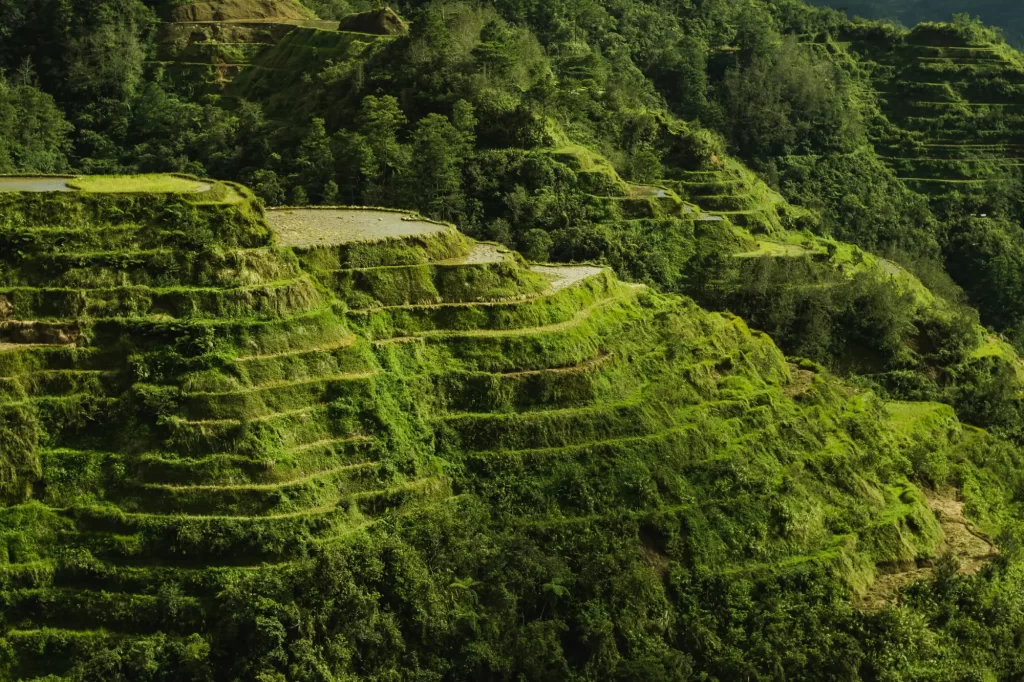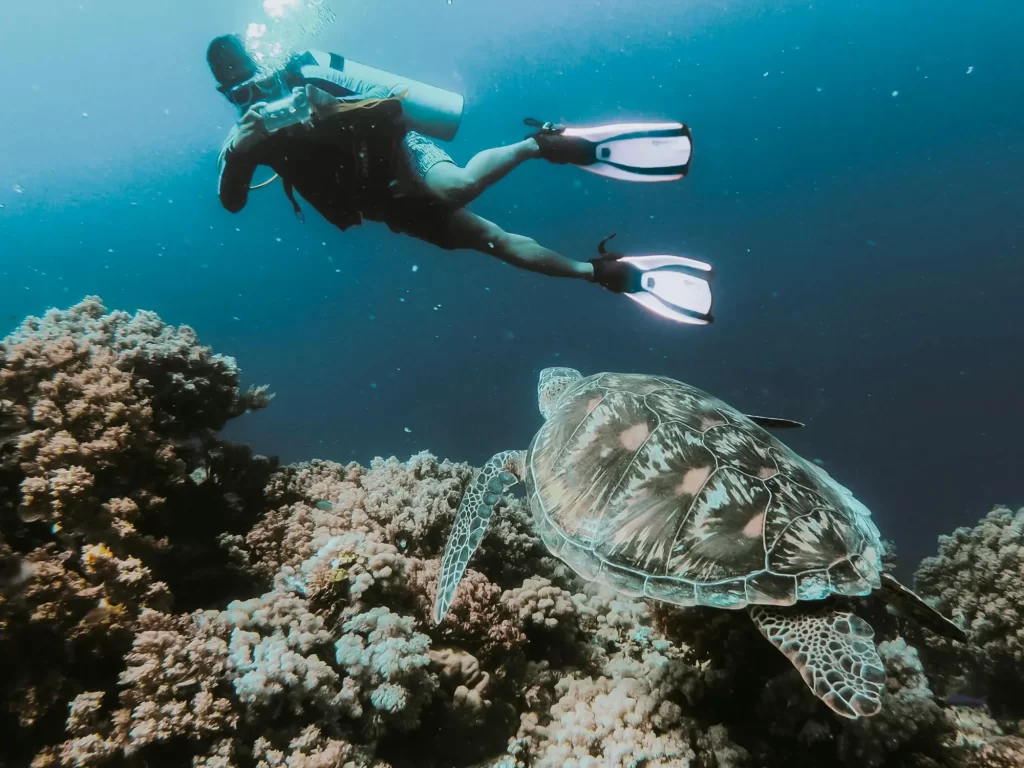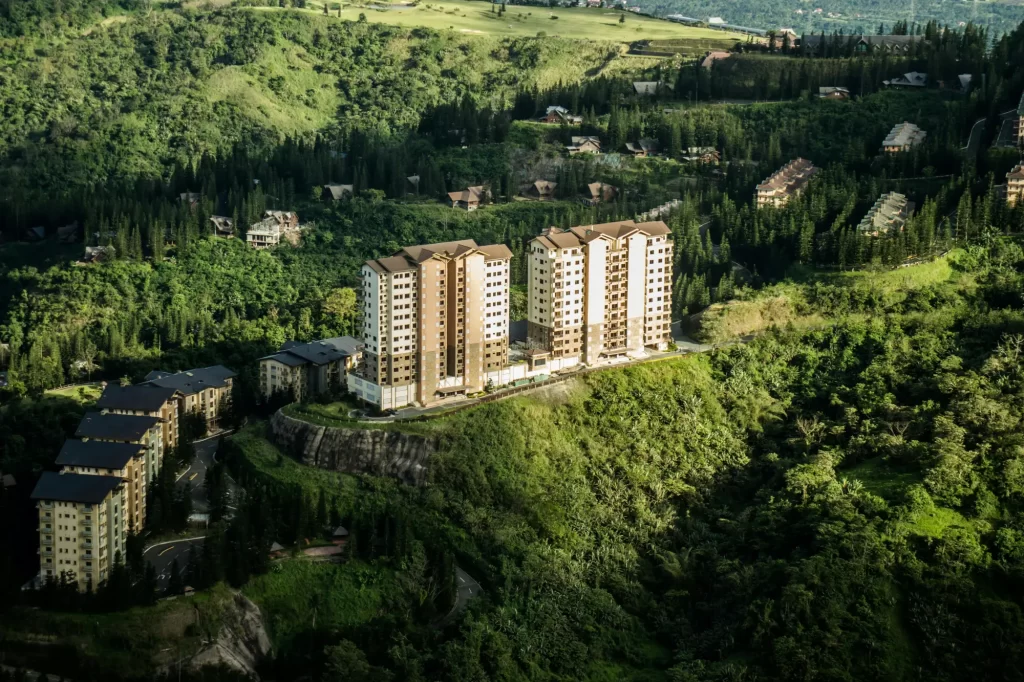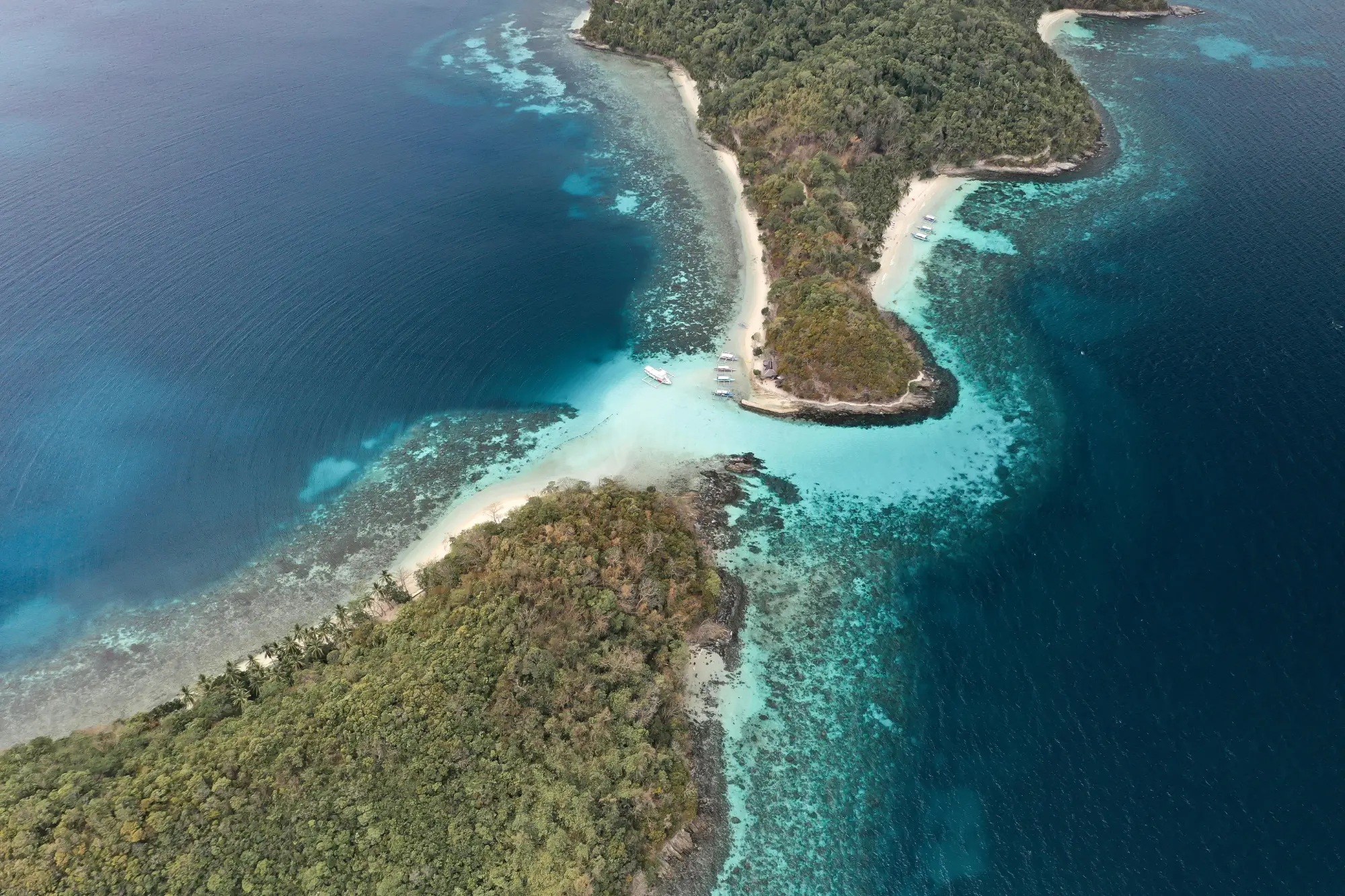With its 7,641 islands, the Philippines is home to some of the world’s most breathtaking natural landscapes. The archipelago is undeniably a global tourist hotspot, with its pristine beaches, lush forests, crystal-clear waters, and diverse wildlife. However, as the worldwide tourism industry evolves, there is an increasing emphasis on sustainable and responsible travel practices. This shift has opened the doors for a burgeoning market within the tourism industry: eco-tourism.
Investing in eco-tourism in the Philippines offers developers a chance to tap into the growing market of eco-conscious travelers seeking sustainable destinations. The Philippines’ rich biodiversity and natural beauty are well-positioned to meet this demand. Eco-tourism promises attractive returns and supports local economies and environmental conservation. By investing in sustainable tourism projects, developers can create long-term positive impacts while benefiting from the country’s unique assets, making eco-tourism in the Philippines an innovative, forward-looking investment.
But why should developers specifically invest in eco-tourism in the Philippines? What benefits do eco-tourism developments bring to the environment, the economy, and society?

Rich Biodiversity and Scenic Beauty
The Philippines has some of the world’s most diverse ecosystems, including rich marine life, rare wildlife, and stunning natural landscapes like Taal Volcano, the Banaue Rice Terraces, and the Puerto Princesa Underground River. With over 75% of its land covered by forests and thousands of kilometers of coastline, the country offers developers prime locations for eco-tourism projects. Developers can harness these natural wonders to create eco-friendly resorts and protected areas, preserving the environment while providing unforgettable experiences. By investing in eco-tourism, developers can meet the growing demand for sustainable travel while protecting the beauty that draws visitors.

Rising Global Demand for Sustainable Travel
In recent years, travelers have shifted towards more sustainable tourism, with growing environmental awareness driving demand for eco-friendly destinations. The Philippines has seen a rise in eco-conscious travelers, drawn by the country’s commitment to sustainability and resource preservation. Developers investing in eco-tourism tap into this growing market, positioning themselves as leaders in a sector increasingly favored by local and international visitors. Offering eco-friendly accommodations and experiences allows developers to meet the demand for responsible travel and stay ahead of the curve as eco-tourism grows.
Long-Term Investment Viability
Eco-tourism is a growing sector with strong long-term investment potential. As demand for sustainable travel increases, there will be a rise in the need for eco-friendly accommodations, nature-based activities, and conservation-focused experiences. Unlike traditional tourism, which often leads to overcrowding and environmental damage, eco-tourism focuses on low-impact development that preserves natural resources, making it a more resilient and sustainable market. By investing in eco-tourism, developers can align with global sustainability trends and cater to eco-conscious travelers, ensuring long-term success and profitability in the Philippines’ thriving eco-tourism industry.

The Philippines offers developers immense opportunities in eco-tourism, leveraging its natural beauty, rich biodiversity, and rising demand for sustainable travel. With its commitment to conservation and sustainable development, the country provides an ideal setting for responsible tourism investments. Eco-tourism not only promises strong returns but also supports local economies, cultural preservation, and environmental sustainability. By embracing low-impact development, developers can achieve financial success while making a lasting, positive impact on the region and positioning themselves as leaders in the growing eco-tourism sector.

